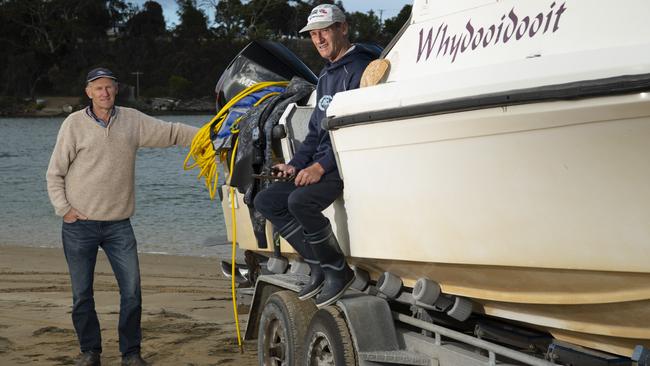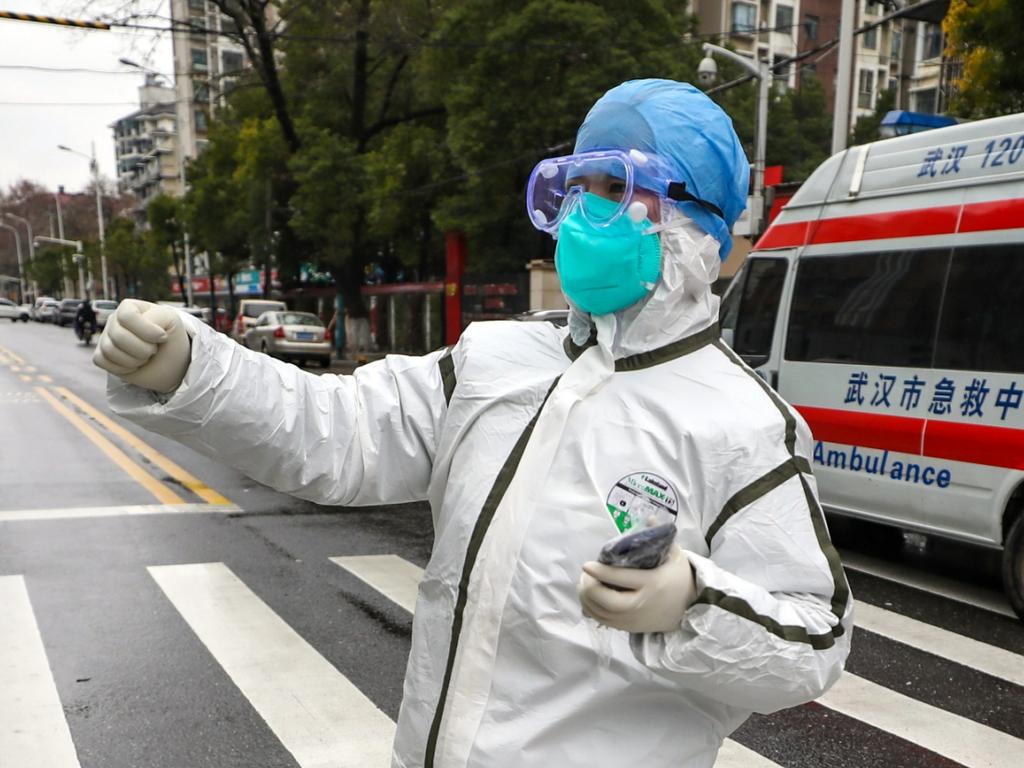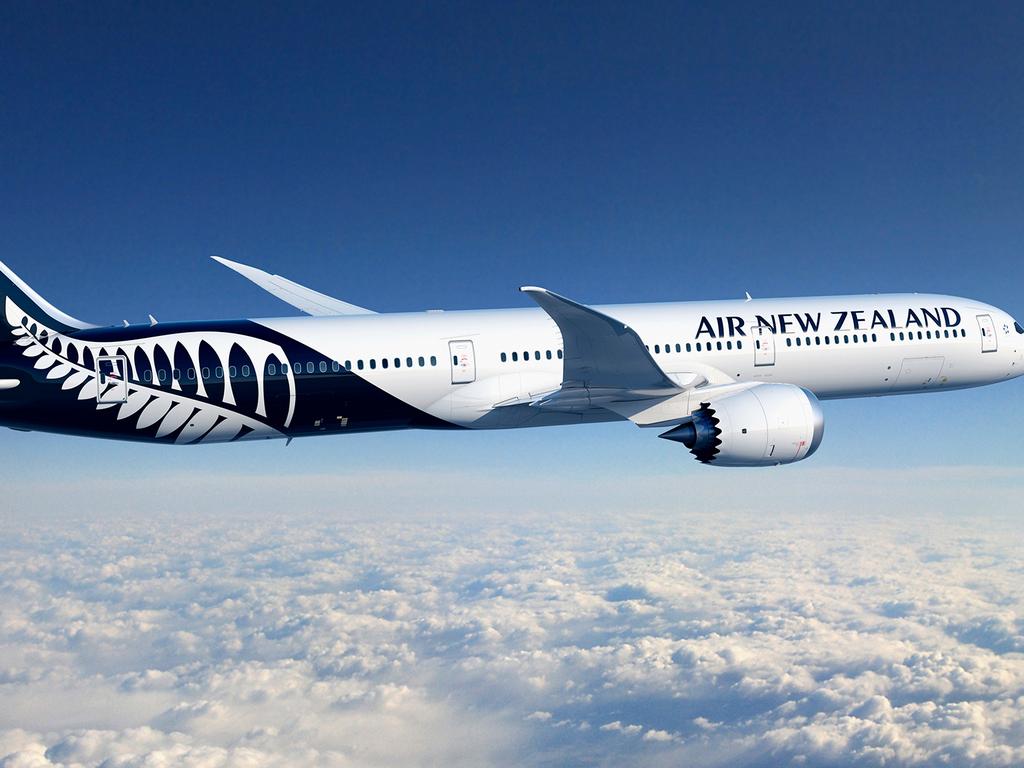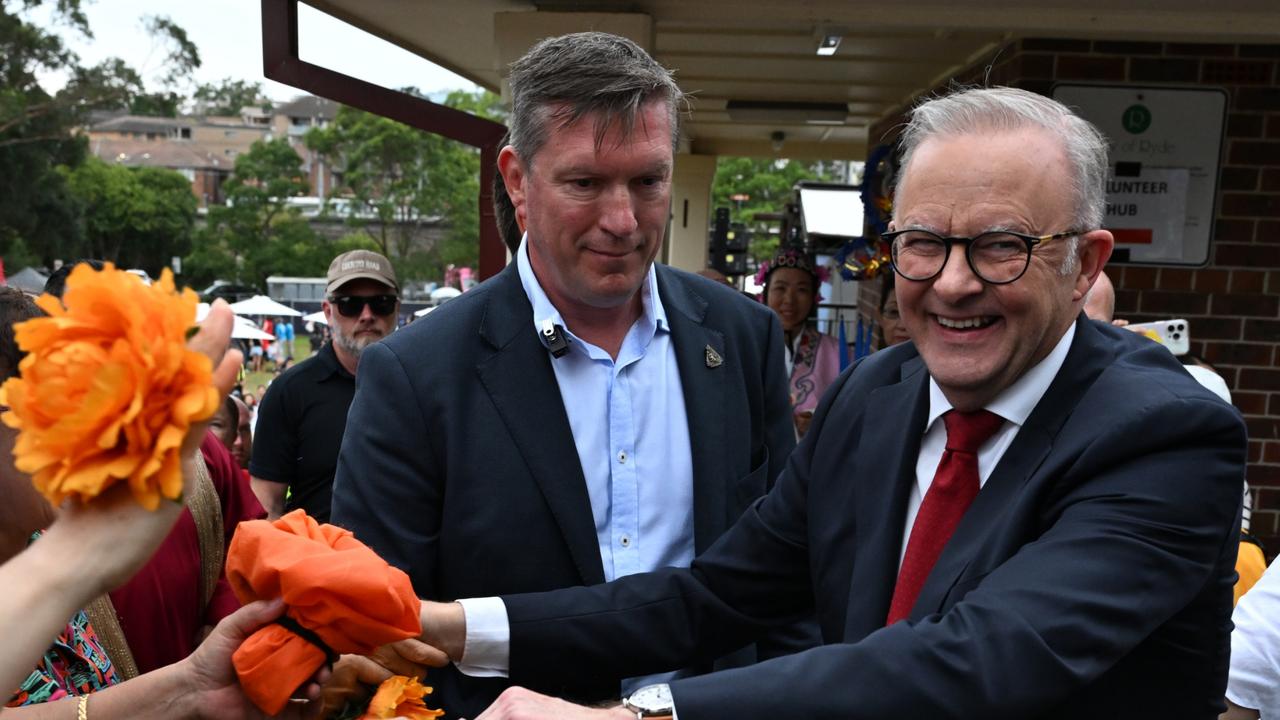Coronavirus: Seafood industry falls victim to the virus
Coronavirus has brought some of the nation’s most lucrative fisheries and exports to a standstill, with major job losses.

Coronavirus has brought some of the nation’s most lucrative fisheries and seafood exports to a standstill, with major job losses, as the federal government considers industry pleas for assistance.
Abalone fisheries — reliant on China for up to 90 per cent of sales — have been paralysed by the sudden drop in demand, with Tasmania’s entire fleet of up to 100 abalone dive boats “ground to a halt” for the past month.
Lobster was one of the first sectors to suffer as the result of China’s quarantine lockdowns, forcing the sale of export catches on the local market at discounted prices. The crisis has since broadened, affecting scale fisheries such as banded morwong and wrasse, and all processors reliant on China exports or live fish trade to deserted Chinatowns in Sydney, Melbourne and Brisbane.
Tasmania’s Seafood Industry Council said federal assistance was needed. “There’s a whole chain of pain and hurt at the moment,” said council chief executive Julian Harrington. “Fishers are suffering, their deckhands are suffering, as well as the processors and exporters.
“People are essentially unemployed overnight. The majority of our fishermen are leasing quota, so the profit they make in any one year is a salary, a livelihood.
“At the moment, these fishermen have no work. No salary. No cashflow. But they’ve still got bills. How long would you survive?”
The fishing industry nationally is pushing the federal government to extend the Farm Household Allowance, for farmers experiencing hardship, to include people working in wild fisheries.
That is backed by Dean Lisson, Tasmanian Abalone Council chief executive, who said the industry “fell off a cliff … overnight” on January 26 when forward orders from Chinese importers were cancelled en masse.
Assistant Fisheries Minister Jonathon Duniam said the government was “working closely with industry on a number of ways we can support them”.
“Trade Minister Simon Birmingham and I are also working to provide industry with advice on (trade) access opportunities and diversification,” he said.
In 30 years, Tasmanian abalone diver Mal Steane has never seen an industry shutdown of this scale, including during the SARS outbreak. “We’re at a total standstill — and there is no real end in sight,” he said. “We’ve all got financial commitments to meet so it’s a certainly a concern.”
There are fears deckhands will depart the industry, leaving it short of qualified, experienced labour when the crisis is over.
Abalone fishery deckhand Wayne Blacklow called on the federal government to provide immediate assistance, if only by allowing those impacted to access superannuation or by providing loans. “Financially, it’s destroyed me,” he said. “I will have to look at selling assets. If we don’t go to work, we don’t earn. We’ve done four days’ work in two months, at our biggest time of the year.”
Hobart live fish trader Steve Crocker, who exports lobster and abalone to China and banded morwong and wrasse to Chinatown restaurants, said “Overnight, we were just stopped in our tracks with orders cancelled”.







